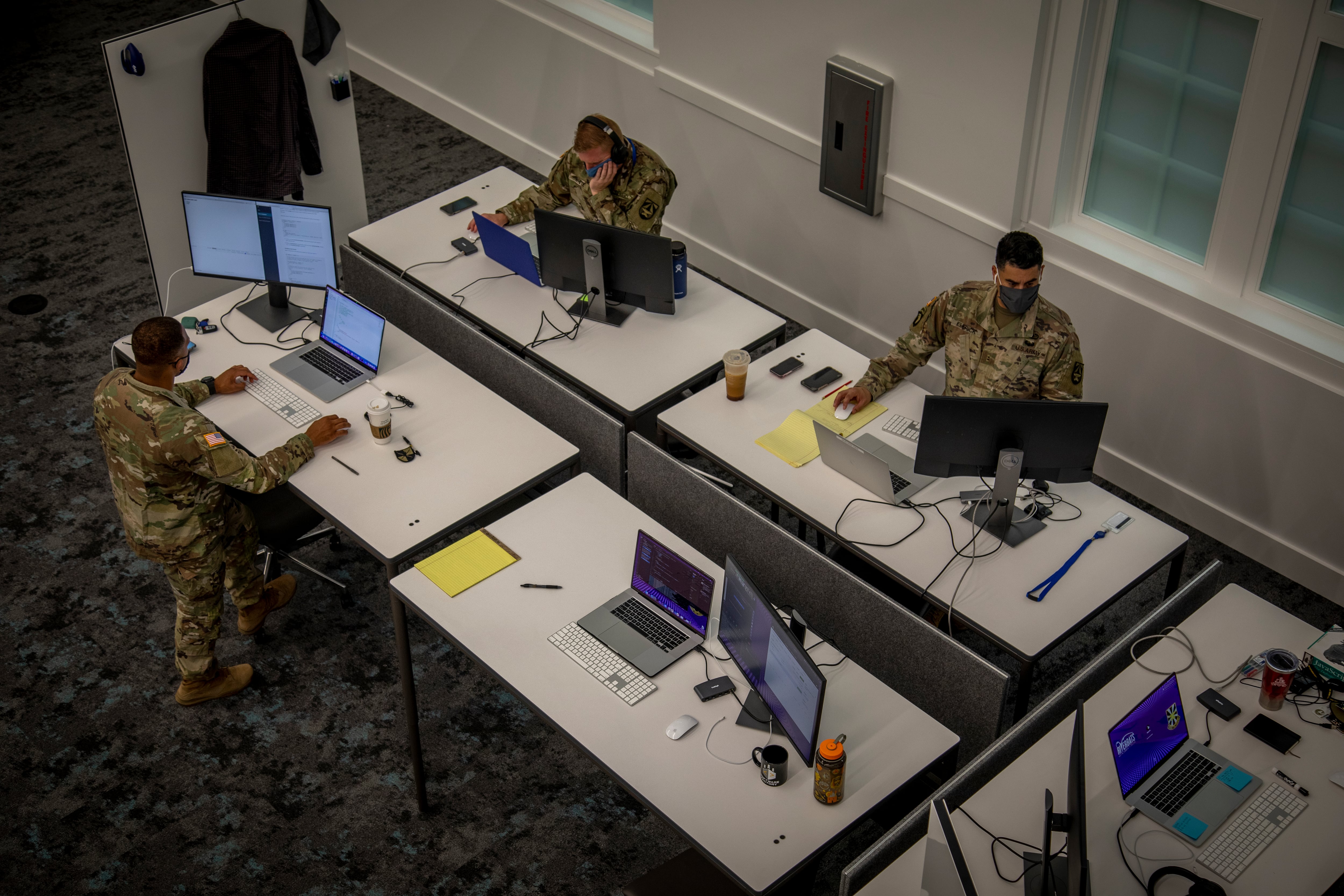Recent reforms to the Post-9/11 GI Bill have been focused largely on broadening eligibility for both what individuals and what types of education opportunities it covers.
But the head of Veterans Affairs’ Education Service service said the future of the benefit may be focused on narrowing down some of those options, based on the success of a few recent department job training programs.
“Right now, it’s just basically a free for all,” said Charmain Bogue, executive director of the agency, during a roundtable with reporters last week. “We give you all these resources [through the GI Bill] and you have to kind of figure out your own way in terms of what would be a viable career for you.
“It would be nice to be able to say, ‘These are the top five or top 10 occupations to look at, these are the types of degrees or certificates you need in this type of occupation.’ We are trying to move towards giving better information from that standpoint, so [veterans] can make better informed decisions at the end of the day.”
RELATED

In fiscal 2020, more than 875,000 individuals used GI Bill benefits for college classes, at a cost of about $11 billion. The program is among the best known benefits for military service and is unlikely to undergo a major overhaul in coming years, given its high usage rates.
But Veterans Affairs officials have seen increasing popularity in recent years with more targeted job training programs, most prominently the Veteran Employment Through Technology Education Courses (VET TEC).
That program ran out of its annual allotment of $30 million last week, a month and a half before the end of the fiscal year. Department officials have asked Congress to consider expanding the two-year-old pilot program into a $125 million permanent offering.
“Veterans are really gravitating towards the program,” Bogue said. “I think the appeal is the fact that it’s short term, and two-year and four-year schools are not for everyone. So people are gravitating towards these short-term certification programs, where they know there’s a demand.
“With just going to a six- or 12-week course, we have a number of students who have actually had six-figure jobs after completing the VET TEC program.”
Similarly, the new Veteran Rapid Retraining Assistance Program — established by Congress last year as a way to retrain veterans who lost jobs due to the pandemic — has seen similar demand since the department began accepting applicants earlier this year.
RELATED

Bogue said the common thread in the programs is short-term training focused on specific jobs. Both have a list of corporate partners, creating a reliable pipeline for job seekers.
“That has been a game changer for students,” she said. “We hear from students a lot that [if they] go school for a short-term certification program, or if they go to a degree-granting program, where’s the employment resources at the end of that journey?
Bogue said she’s looking to see how GI Bill offerings could be improved based on lessons learned from those successes, “basically looking at not only graduation rates but also looking at employment outcome measures” to gauge how well the education funds are serving veterans.
“I can see in the future where we could sit down and have a conversation about GI Bill and where it’s headed, and how we make a better connection with the employment aspects of the program,” she said.
More information on VA’s job training and education benefits is available on the department’s web site.
Leo covers Congress, Veterans Affairs and the White House for Military Times. He has covered Washington, D.C. since 2004, focusing on military personnel and veterans policies. His work has earned numerous honors, including a 2009 Polk award, a 2010 National Headliner Award, the IAVA Leadership in Journalism award and the VFW News Media award.





